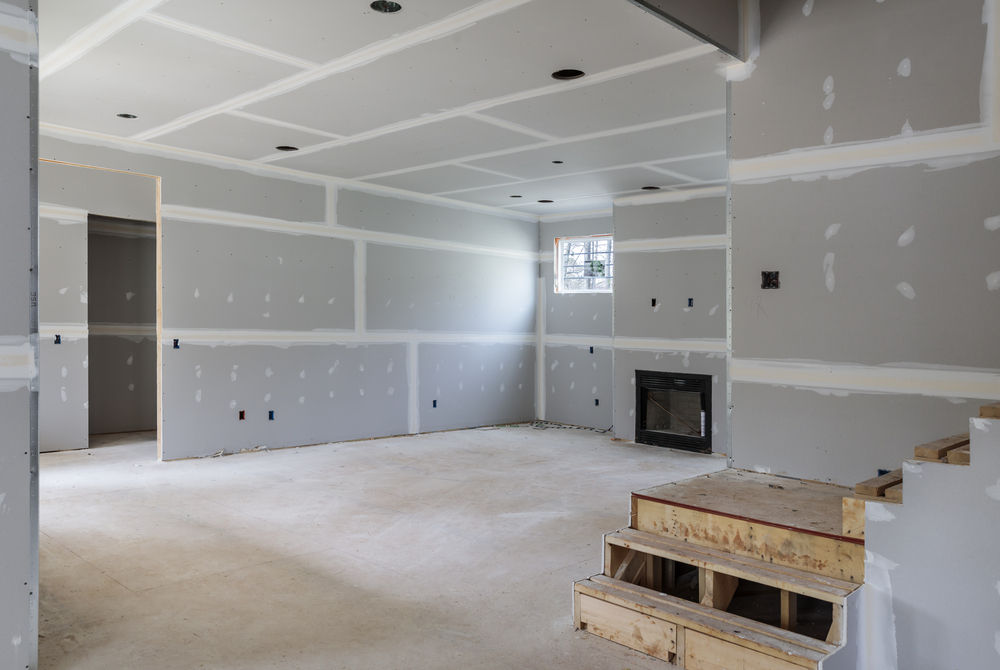Renovating your basement can be an exciting way to add extra living space and value to your home. However, before you start swinging a hammer or laying down flooring, it’s important to understand the potential need for permits. Here’s what you should know about whether a permit is required for your basement renovation.
Understanding Local Building Codes
Every city or county has its own building codes and regulations, which are designed to ensure the safety of your home and its inhabitants. These codes can vary widely, so it’s essential to check with your local building department before beginning any work. Some renovations may require permits, while others may not.
Types of Renovations that Require Permits
Major renovations like adding bedrooms, bathrooms, or changing the structure of the basement often require permits. This is especially true if you’re planning to make electrical, plumbing, or HVAC changes. Similarly, if you’re planning to lower the floor, add windows, or move load-bearing walls, you’ll likely need a permit to ensure that the work meets safety standards.
Consequences of Skipping Permits
Skipping permits can lead to significant issues. If you proceed without the necessary approval, you might face fines or be forced to undo the work. Additionally, unpermitted renovations can affect your home’s resale value and could even pose safety risks.
Before starting a basement renovation, don’t overlook permits—they’re not just red tape, they’re your protection. Securing the right approvals helps you avoid costly setbacks, ensures safety, and keeps your investment solid for the long run. When in doubt, always check with your local building department first.



